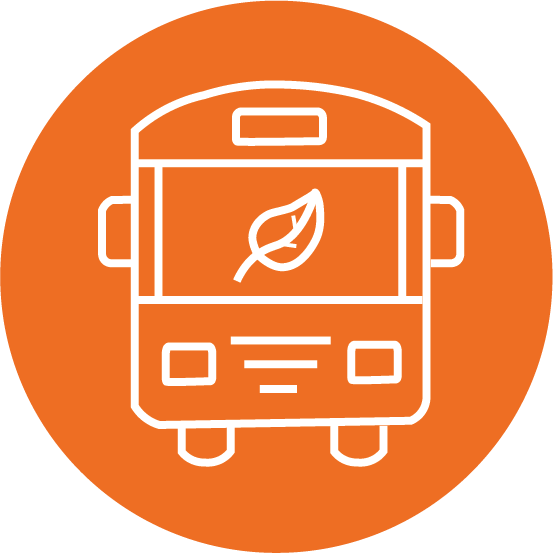Transportation
Climate Action Group
Mission
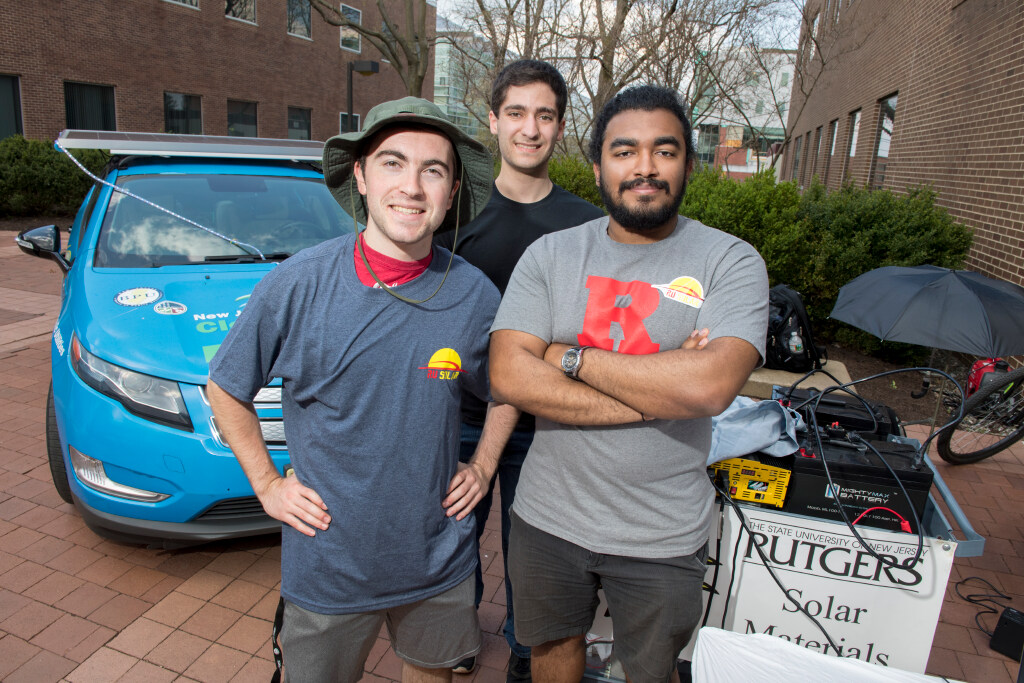
Participants
Co-Chairs
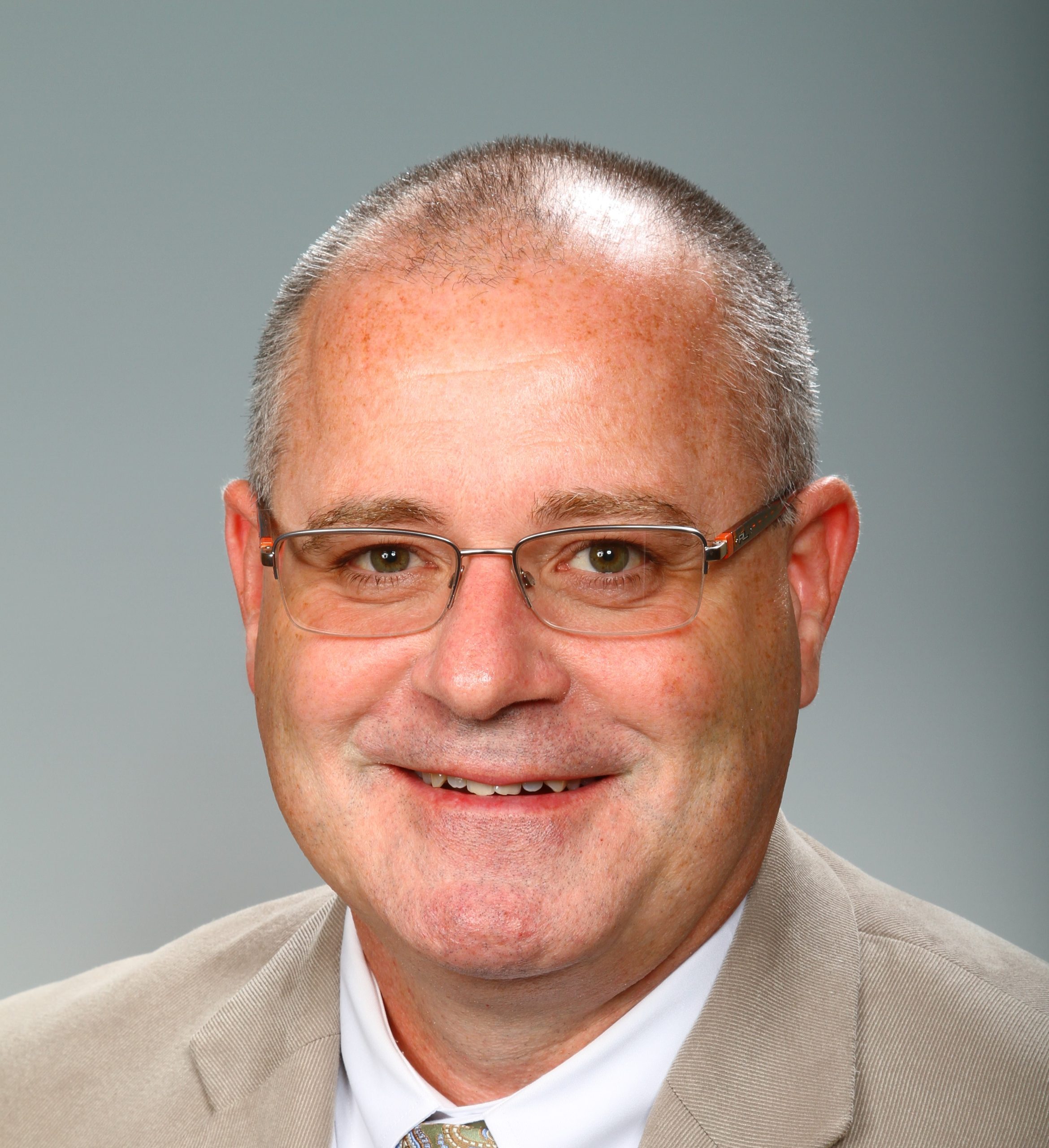
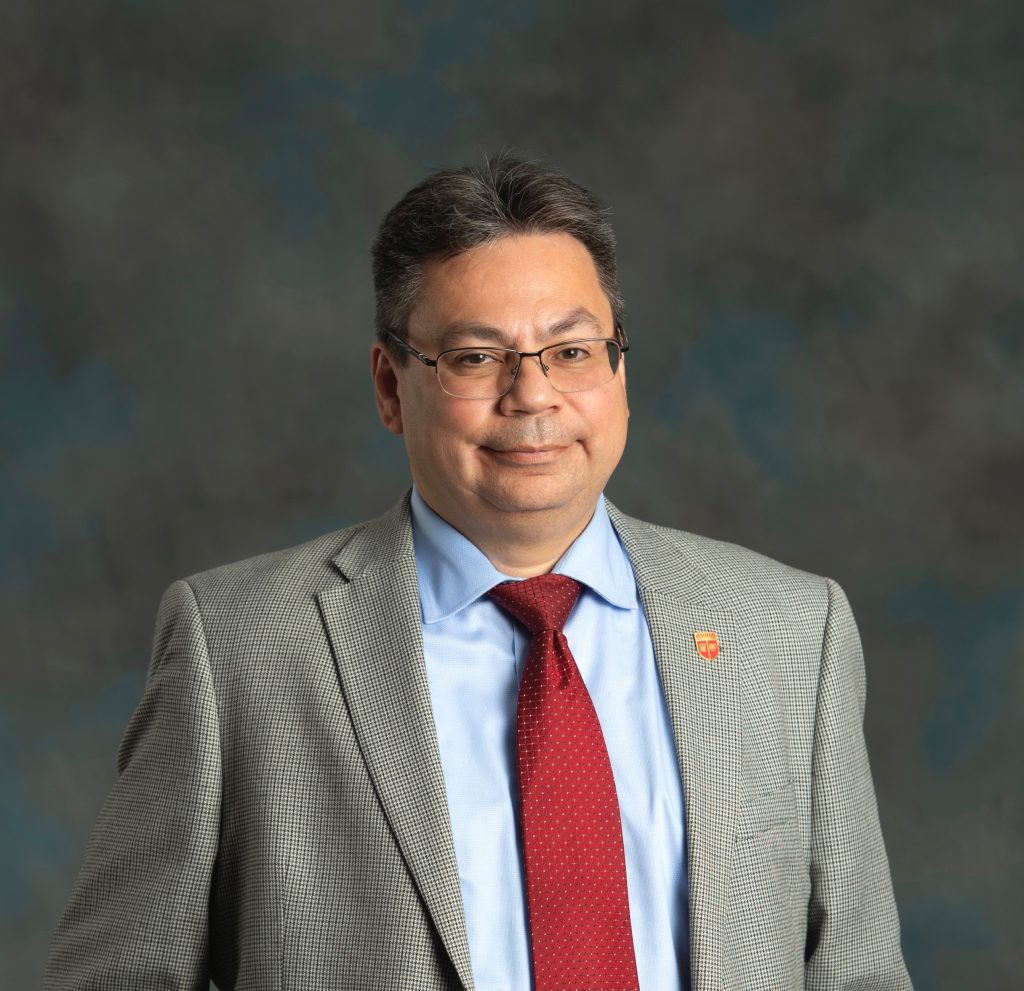
Members
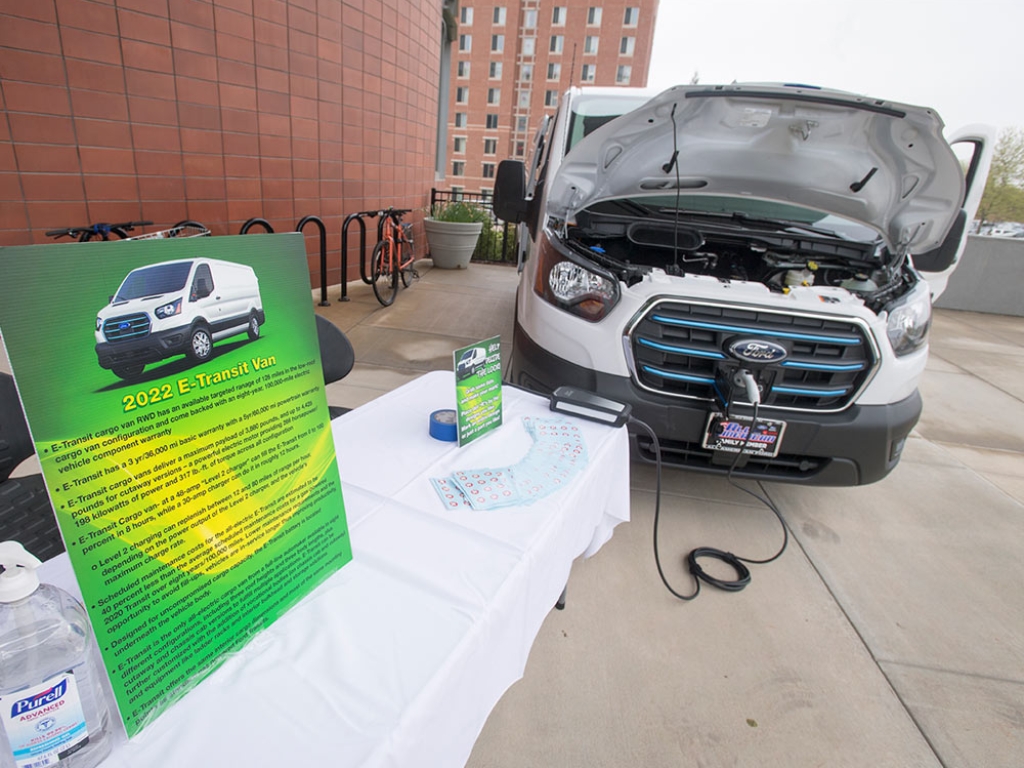
Scope:
- Reduce direct (Scope 1) emissions from the university fleet by at least 20% by 2030 and 100% by 2040.
- Electrify university fleet
- Reduce indirect (Scope 3) emissions associated with commuting by at least 30% by 2030
- Create safe bicycle and pedestrian friendly infrastructure
- Facilitate EV adoption
- Explore subsidies for public transit
- Study parking cash-out options
Projects by Fiscal Year
Dunbar Birnie, Professor, School of Engineering, RU–NB
Stephanie Brody, Student, School of Environmental & Biological Science, RU–NB
Erin Cuomo, Assistant Vice President- IP&O Business Services - Budget & Accounting
Rolando Feliz, Director - IP&O Business Services - Parking
Greg Gamble, Director Economic Development, Camden Chancellor's Office
William Gause, Senior Associate Dean for Research, New Jersey Medical School
David Haines, Director, IP&O Material and Logistical Services
Paul Hammond, Assistant Vice Chancellor, VP Academic Affairs
Peter Jin, Associate Professor Civil and Environmental Engineering
John Karakoglou, Director - IP&O Business Services - Transportation Services
Georgia Kyrifides, Director of Operations - Robert Wood Johnson
Bill McCarthy, Dean, School of Criminal Justice
Heather Mitchell, Law School Technical Services Librarian
Ian Murphy, Graduate Student, Edward J. Bloustein School
Robert Noland, Distinguished Professor CY, BSPPP-Dean's Office
Bill O'Brien, Assistant Vice President - IP&O Business Services & Auxiliary Services
Shante Palmer, Vice Chancellor Newark
Michael Petti, Chief Operating Officer and Chief of Staff - New jersey Medical School Dean's Office
Kelcie Ralph, Assoc Professor ACD YR, BSPPP-Dean's Office
Domenick Rizzo, Assistant Director - IP&O Business Services - Transportation Services
Monica Roth, Professor, Robert Wood Johnson-Pharmacology
Michael Smart, Assoc Professor ACD YR, BSPPP-Dean's Office
Barry Sopher, Director, Laboratory for Economic Behavior, Institutions and Design
Jennifer Sousa, Sr. Dept Administrator, IP&O Business Services
Jennifer Stuart, Director, IP&O Planning Dev & Design
Clayton Walton, Director Newark Office of Global Initiatives
Wenwen Zhang, Asst Professor ACD YR, BSPPP-Dean's Office
















